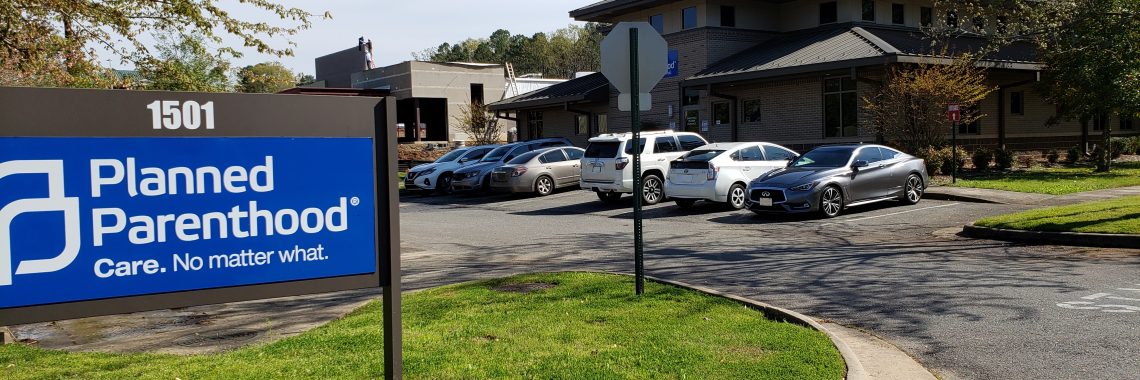State Asks Judge to Dismiss Abortionists’ Lawsuit

Arkansas Attorney General Leslie Rutledge’s office has asked a federal court to dismiss a surgical abortion facility’s lawsuit against the state, according to the Northwest Arkansas Democrat-Gazette.
During the COVID-19 pandemic the state has issued health directives restricting elective surgeries — including surgical abortions.
In response to these directives, the ACLU and a surgical abortion facility in Arkansas filed a lawsuit against the state.
On Thursday, May 7, U.S. District Judge Brian Miller rejected the ACLU’s request that abortionists be allowed to continue with business as usual during the COVID-19 pandemic.
Now the State of Arkansas is asking the court to dismiss the lawsuit completely — which would rule out the possibility of the abortion facility and the ACLU appealing their case to a higher court.
All in all, this case has been a big win for Arkansas.
U.S. District Judge Brian Miller and the Eighth Circuit Court of Appeals both have indicated that Arkansas’ abortion restrictions during the COVID-19 pandemic are constitutional.
The rulings provide precedent that may help uphold other pro-life laws that Arkansas has enacted.
Slowly but surely we are winning the fight to protect innocent human life in Arkansas.




